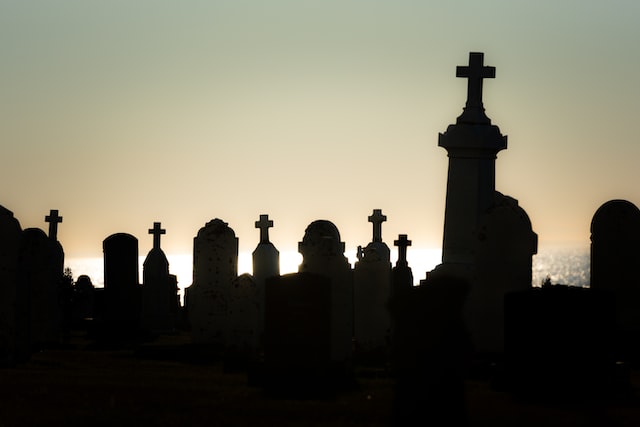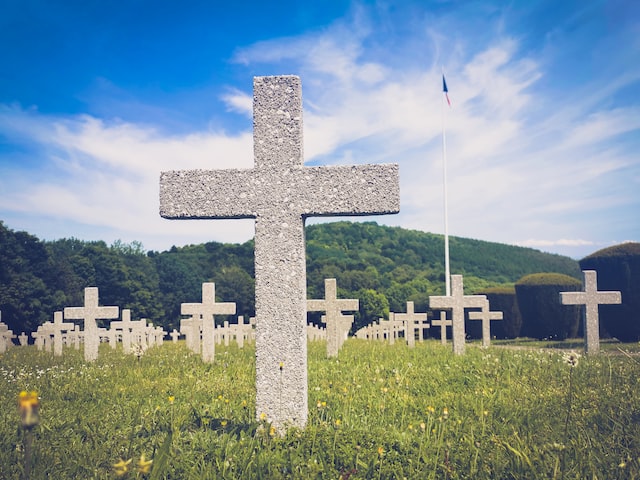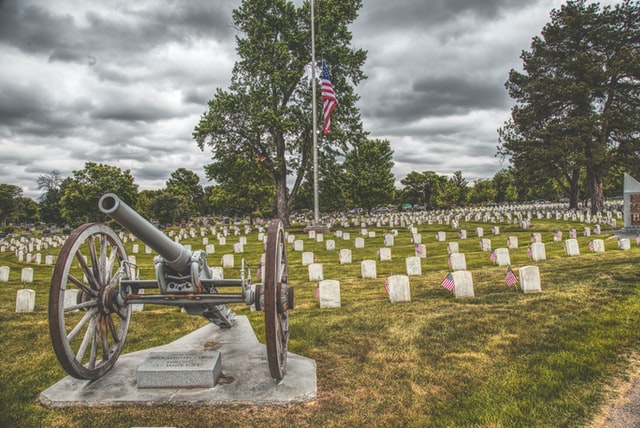
Helping Children With Grief And Loss
April 24, 2023
The Importance of Cemetery Conservation and Preservation
May 8, 2023Cemeteries are places of reflection and remembrance, and mausoleums are an integral part of many cemetery landscapes. Mausoleums have a rich history, dating back to ancient civilizations, and they hold significant cultural and religious significance in many communities. Cemeteries Hamilton Township, NJ, there are several cemeteries that offer mausoleums as a final resting place option. In this article, we will explore the significance of mausoleums in different cultures and religions.
The History of Mausoleums
Mausoleums date back to ancient civilizations, with the most famous example being the Mausoleum at Halicarnassus in modern-day Turkey. The mausoleum was built in the 4th century BCE and was considered one of the seven wonders of the ancient world. Over time, mausoleums became a symbol of wealth and power, with many monarchs and rulers building grand mausoleums to showcase their status.
Mausoleums in Christianity
In Christianity, mausoleums are a common choice for final resting places. Mausoleums are often seen as a way to preserve the body, and many families see them as a way to honor their loved ones. Mausoleums can be personalized with a variety of features, including stained glass, crypt plates, and statues. In some cases, families may also choose to be buried together in a family mausoleum.
Mausoleums in Judaism
In Judaism, mausoleums are not a common choice for final resting places. Instead, traditional Jewish burial practices involve burial in the ground. However, some Jewish cemeteries may offer mausoleums as an option for families who prefer it. The design of Jewish mausoleums typically includes symbols and elements that reflect Jewish heritage and tradition.
Mausoleums in Islam
In Islam, burial in the ground is the traditional method of burial. However, mausoleums can be seen as a way to honor and remember important religious figures, such as prophets and saints. Some Islamic countries also have grand mausoleums that serve as important cultural and religious landmarks.
Mausoleums in Hinduism
In Hinduism, mausoleums are an important part of religious practice. Mausoleums are often used to honor important religious figures, such as saints and gurus. In some cases, families may also choose to build private mausoleums as a way to honor their ancestors.
Mausoleums in Buddhism
In Buddhism, mausoleums are not a common choice for final resting places. Traditional Buddhist burial practices involve cremation, with the ashes scattered in a meaningful location. However, in some Buddhist cultures, mausoleums may be used to honor important religious figures.
 The Significance of Mausoleums
The Significance of Mausoleums
Mausoleums have played an important role throughout history, from the tombs of ancient rulers to the final resting places of loved ones in modern times. For many people, mausoleums hold significant cultural and religious significance. They can provide a place of remembrance and reflection, as well as a way to honor important figures in religious or cultural history.
Mausoleums offer many benefits as a final resting place option. They provide a secure and protected space for the remains of loved ones, as well as a place for family members and friends to visit and pay their respects. Mausoleums can also be personalized to reflect the personality and interests of the deceased, making them a unique and meaningful tribute.
Working with a Cemetery
For those considering mausoleums as a final resting place option, it’s important to work with a reputable cemetery Hamilton Township, NJ that offers personalized and compassionate service. The cemetery staff can provide.
If you’re looking for a peaceful and serene final resting place for yourself or a loved one, consider Princeton Memorial Park & Mausoleum. Our team is here to help you explore your options and create a personalized plan that meets your unique needs and wishes




